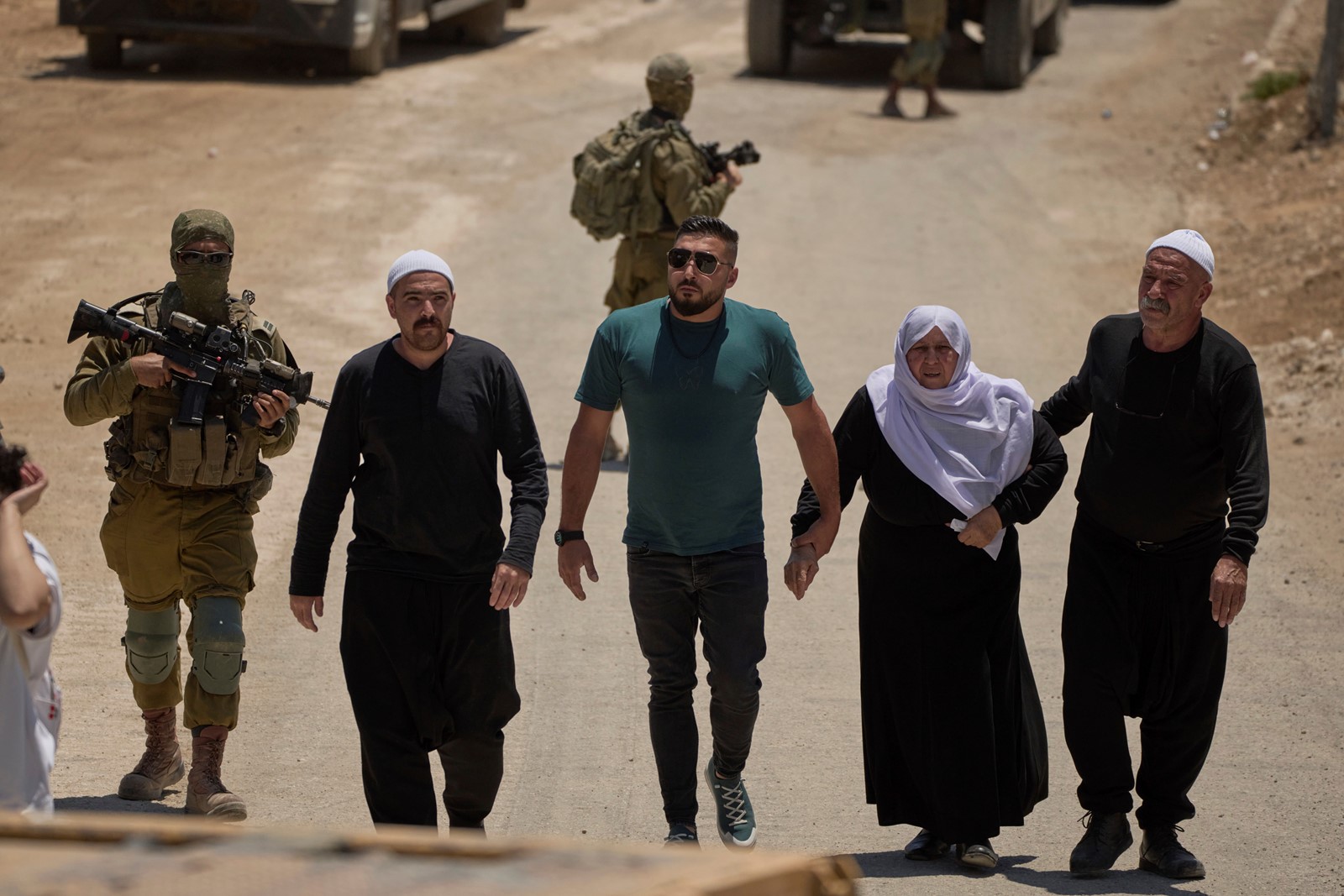
DAMASCUS, Syria — Syrian government forces had largely pulled out of the southern province of Sweida on Thursday after days of clashes with militias linked to the Druze minority that threatened to unravel the country’s post-war transition.
The conflict had drawn airstrikes against Syrian forces by neighboring Israel in defense of the Druze before a truce — mediated by the U.S., Turkey and Arab countries and announced Wednesday — halted most of the fighting.
However, Syrian state media said Thursday that Druze militiamen had launched revenge attacks on Sunni Bedouin communities, leading to a wave of their displacement. There were some reports of renewed clashes.
Bedouin clans had fought on the government side, while the Israeli military came to the assistance of the Druze, who form a substantial community in Israel, where they are seen as a loyal minority and often serve in the Israeli military.
Under the latest truce, reached Wednesday after a previous agreement unraveled, Druze factions and clerics have been appointed to maintain internal security in Sweida, Syria’s interim President Ahmad al-Sharaa said in an address broadcast early Thursday.
Israeli Prime Minister Benjamin Netanyahu vowed Thursday to keep southern Syria demilitarized and to protect the Druze community. “This will also be the continuation of our policy,” he said.
In a major escalation of its involvement in the conflict, Israel on Wednesday had struck the Syrian Defense Ministry headquarters in central Damascus.
Convoys of government forces started withdrawing from Sweida overnight, Syrian state media reported, saying it was in line with the ceasefire deal and that the military operation against the Druze factions had ended.
The truce was announced by Syria’s Interior Ministry and in a video message by a Druze religious leader. The previous agreement on Tuesday quickly broke down after being dismissed by prominent Druze cleric Sheikh Hikmat Al-Hijri.
The Syrian government has not released any casualty counts from the fighting.
The Britain-based war monitor Syrian Observatory for Human Rights said nearly 600 fighters and civilians were killed on both sides over four days of deadly clashes. The monitor also said at least 86 civilians killed in “field executions” — mostly Druze Syrians killed by government forces and their allies — and that at least three Bedouin civilians were killed in revenge attacks Thursday by Druze militiamen.
Turkey’s Foreign Minister Hakan Fidan and intelligence chief Ibrahim Kalin held a series of diplomatic and security contacts to deescalate the clashes, a Turkish official said Thursday. They worked with the U.S. mediators and regional officials and leaders, including Lebanese Druze leader Walid Jumblatt, said the official who requested anonymity to discuss the negotiations.
The escalation in Syria began with tit-for-tat kidnappings and attacks between local Sunni Bedouin tribes and Druze armed factions in Sweida. Government forces that intervened to restore order clashed with the Druze militias, but also in some cases attacked civilians.


 PREVIOUS ARTICLE
PREVIOUS ARTICLE
